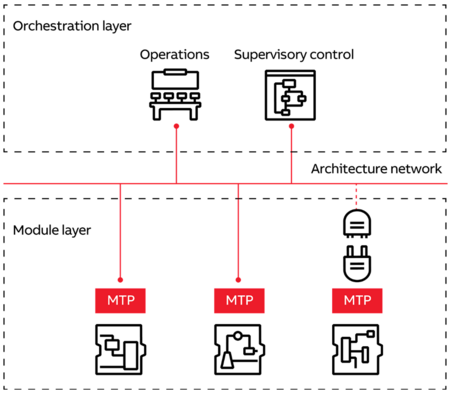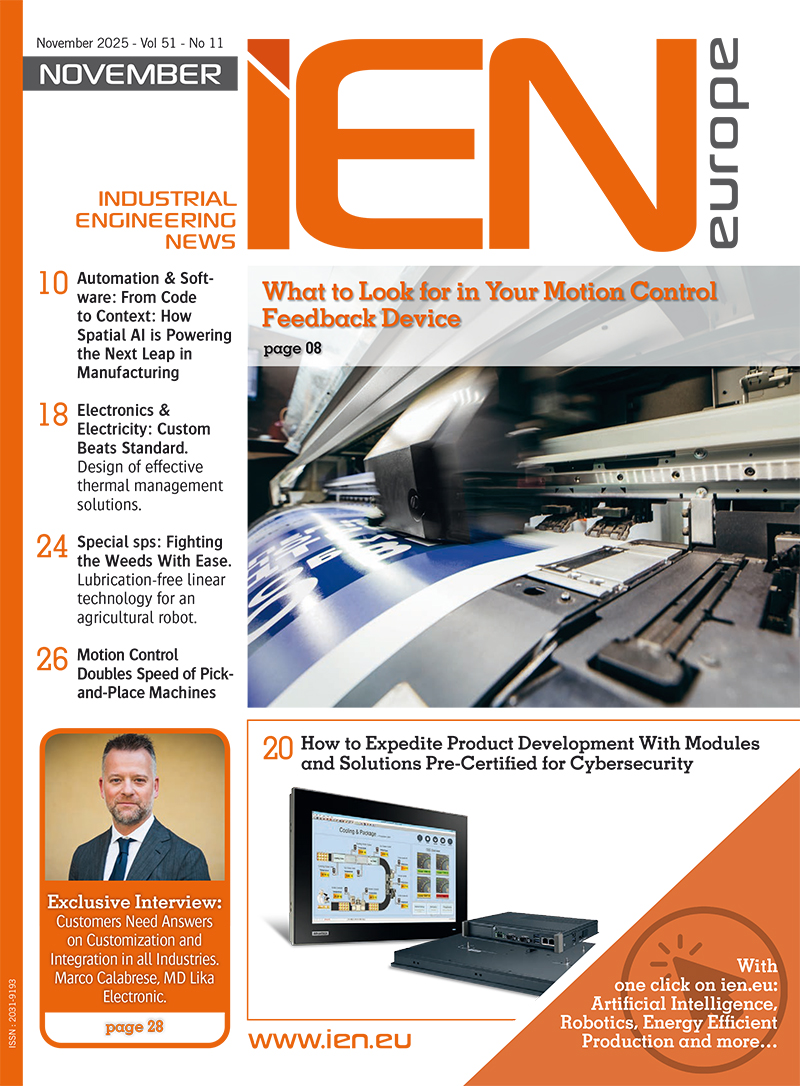ABB developed a new modular automation system that provides the flexibility that is needed for personalised medicines. The new modular automation system is ideal for pharmaceutical plants, biotech manufacturers, fine chemical factories and food and beverage industries. It exploits a building block approach that can be scaled up or down depending on the production demand.
Modular concept
It is the first time that ABB offers a solution based on the modular automation concept to automate and orchestrate intelligent modules tailored to the plant’s manufacturing needs. The new solution also offers seamless integration with many existing systems, offering less downtime during implementation. The result is less support and troubleshooting and an improvement of run-time within the plant.
Thinking differently
“As an automation leader, ABB is already involved in every aspect of process automation, offering machine controls, PLCs and other control technologies. It is a natural progression for us to be at the forefront of modular automation technology. Our solution offers the industry a new, one-stop shop approach which will encourage customers to think differently about how they build their process lines,” says ABB’s Gero Lustig, Global Business Manager Life Sciences.
MTP technology
The module layer contains a number of intelligent modules described as standardized MTP technology, each of which has different facets including human-machine interface (HMI), services for supervisory control, history, diagnostics and archiving. Within the intelligent modules controllers from ABB’s Free-lance range are implemented using MTP technology.
These pre-automated intelligent modules can be easily added, arranged and adjusted according to production needs. The orchestration layer is a combination of operations and supervisory control of the modules. ABB AbilityTM System 800xA operates the process and orchestrates the intelligent modules. The system also enables fast and flexible integration of the modules.
Open architecture
An open architecture backbone links the orchestration layer to the module layer with communication via OPC UA. Modular enabled automation reduces cost, risk and schedule by eliminating the non-standard interfaces. Integrating an intelligent module into the orchestration system is a matter of hours compared to days for a traditional package unit and skid integration.

























